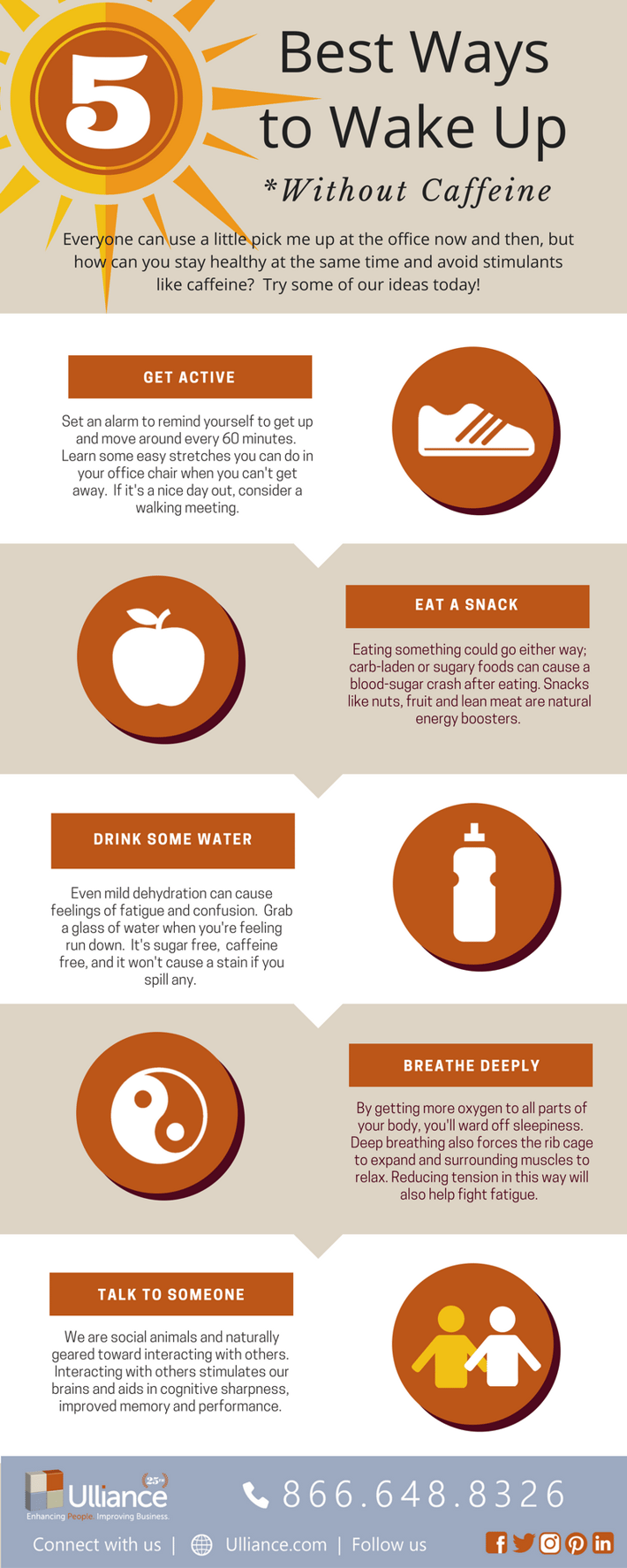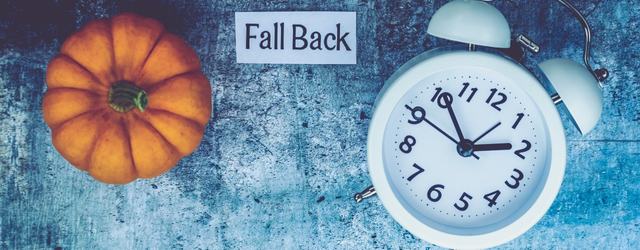When entomologist George Vernon Hudson asked the Royal Society of New Zealand for 2 more hours of daylight, I wonder if he knew that over 120 years later, we would still be messing up our sleep in the fall and the sping.
The Royal Society turned him down so the first real experiment came during WWI when Austria and Germany shifted an hour to allow more daylight in order to conserve electricity, but it wasn’t until after WWII that the U.S. adopted and formalized the hours for the change in the Uniform Time Act.
Would you be surprised to learn it has nothing to do with the farmers needing more daylight and is more about conserving energy? Clearly, they are not referring to our human energy, because according to LiveScience, data shows an increase in the number and severity of workplace accidents the Monday after daylight saving time (notice the absence of the S on the end of saving? We all say it wrong, there is no S on the end.)
Other evidence shows that heart attacks increase the first 3 weekdays after springing forward in the spring.
So finding solutions that actually work for you should be a task high on your priority list, at least until the powers that be decide to can the extra daylight.
Triumph Over Time Change Tiredness
These “backed by science” fatigue fighting solutions will have you wake bright-eyed and bushy tailed ready to start your day. Unless you are a night owl who will never wake bright-eyed, bushy tailed and ready to start the day.
If you have solutions of your own, please list them in the comments below so others can try your method.
According to the internet, here are the top 5 solutions for fighting daylight saving fatigue:
• Get Physical – Your mood and level of fatigue are tightly entwined, flirting with endorphins and all rolled up in serotonin and dopamine. One affects the other, and it's long been known that a release of exercise-induced feel-good endorphins boosts your mood and energy level.
You should get at least 30 min of aerobic activity five days a week. Tip: Tell your brain you will do 15 minutes of exercise. That's it, and you're quitting at 15 minutes. Once you start, it is very rare that people stop at the 15-minute mark. Somehow knowing you can stop makes getting started bearable.
• Snisely – Snack at night wisely (snisely). If you are a night snacker, choose a turkey sleeper. The brain uses the amino acid tryptophan (found in turkey) to make sleep-inducing serotonin, and when combined with carbs (which make the tryptophan more available to your brain), you'll get a full night's snooze. During daylight saving time, eat your snack an hour earlier than usual and go to bed earlier. (Your body won't know it was DST).
• Breathe, Just Breathe – During times of high stress and anxiety, you unconsciously take quicker, shorter breaths. You may even hold your breath and not realize it. Then as the day drags on, your energy level drops to point zero. Then it's time to stand, get outside for a walk and prioritize your tasks.
Yoga, mindfulness or deep breathing exercises are other ways to reduce stress and fatigue because they open the pathways throughout the body and deliver oxygen to the areas that need it most. So, long meetings after daylight savings would be a great time for an extra deep breath or two.
• Drink Up - Hydration is one of the easiest ways to stay alert and energized. Leave the sports drinks behind and grab a water bottle. Water also contains endocrine disruptors, which mimic and intensify our natural hormones.
The crucial element to making it through a sleep-deprived workday might not be a cup of Joe after all. Maybe it's a generously sized glass of water, so you get enough fluids. Water improves circulation, gives you an energy boost, aids digestion, and detoxifies, allowing the body to recover.
• Talking to other humans (and sometimes your pet) stimulates brain activity and actively reduces stress (unless you are in an argument, that defeats the purpose). If you are talking about stress and fatigue, the more you talk, the lighter your load and the more energy you have.
Sometimes, even after you have given it your best go, you will be tired. Not the good tired, like after a full day hike or when you have finished cleaning your entire house, but more just a general lack of motivation fatigue.
Your energy level will be low, and you just want to zone out for a while but feel guilty if you do, which leads to more negativity that, in turn, leads to chronic depression, all because the time changed an hour.
In the spring, we lose an hour of sleep, and though we gain it back in the fall, our day is darker, which brings on sleepiness and seasonal depression for millions of people.
Don't beat yourself up about it but don't give up trying to beat the fatigue, either. You'll find your happy place, and you'll be delighted you kept trying.

You can stay healthy and boost your energy in the office without relying on caffeine! Ulliance has answers for your challenging work / life issues! Give us a call today and learn what we can do to improve your business OR check out our wellness e-book for more well-being tips!
References
Blumberg, P. O. (2021, November 17). 8 Natural Ways To Beat Fatigue . Retrieved from Whats Goo:D by V: https://whatsgood.vitaminshoppe.com/natural-ways-to-beat-fatigue/
THE IMPORTANCE OF EARLY MORNING SUNLIGHT & THE PROFOUND EFFECTS. (n.d.). Retrieved from Primal Herb: https://primalherb.com/the-importance-of-early-morning-sunlight-you-need-to-know/
Wade, G. (2021, November 5). How Daylight Saving Time Can Take a Toll on Your Mental Health—And What To Do To Boost Your Mood. Retrieved from health: https://www.health.com/mind-body/dst-mental-health
Wadyka, S. (2017, March 10). How to Fend Off Daylight Saving Time Fatigue. Retrieved from Consumer Reports: https://www.consumerreports.org/sleeping/how-to-fend-off-daylight-saving-time-fatigue-a1054227463/

